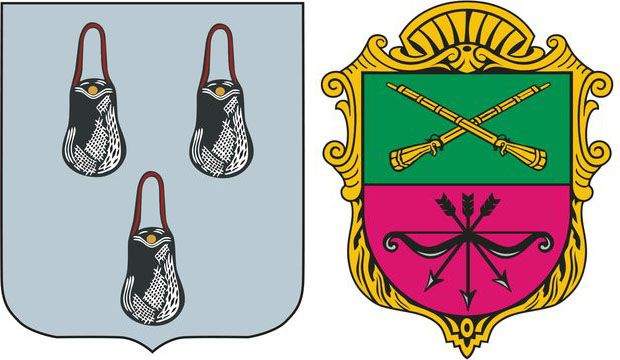The library as a communicative platform
The Day’s project inspired librarians from Sumy and Zaporizhia to conduct an intellectual online game for kids
Shortly before the Ukrainian Independence Day, Sumy Regional Universal Research Library and Zaporizhia Regional Library for Youth implemented a joint innovative project. Children from the two cities played an intellectual online game. According to the organizers, its goal was to learn more about the cities and regions of Ukraine and select interesting routes for future trips. Young Sumy residents answered questions about Zaporizhia, while youths from Zaporizhia tested their knowledge of the city of Sumy. The project was enabled by free Internet access available at both libraries.
According to the head of Sumy region’s libraries’ PR office Tetiana Hryshchenko, the project’s idea arose after The Day’s editor-in-chief’s visit to Sumy. The Sumy issue of the newspaper’s glossy supplement Route No. 1, presented to the librarians by Larysa Ivshyna, was well-liked by them. “We found supporters among our colleagues in Zaporizhia, and the work has begun in the earnest,” Hryshchenko told us.
While playing the game, the competition’s participants learned the origin of Khortytsia Island’s name and meaning of mysterious stone circles found on it as well as what gift Sumy received from Sumy community in Kyiv on Europe Day and what it symbolizes. The two teams, called The Sumy Girls and The City of Z, searched for answers to these questions, as well as other, both difficult and funny ones, using electronic and print resources of their respective libraries.
As it turned out, Sumy and Zaporizhia have much in common, in particular the history of the Ukrainian Cossacks. For example, the last leader of Zaporizhian Sich Petro Kalnyshevsky was a native of Sumy region, while Ivan Sirko in Ilya Repin’s painting Reply of the Zaporizhian Cossacks to Sultan Mehmed IV of the Ottoman Empire was modeled after General Mikhail Dragomirov, a veteran of Russo-Turkish War, who was also born in Sumy region, namely in Konotop. Many famous Sumy natives live in Zaporizhia now, including Olympic weightlifting champion Leonid Zhabotynsky and historian Fedir Turchenko. Both cities once had their main streets known as Soborna (Cathedral), but if Sumy residents had the original name restored, the Zaporizhia street is still named after Vladimir Lenin. Interestingly, Soborna Street in Sumy is just 480 meters long, while Lenina Avenue in Zaporizhia is Europe’s longest at 12 kilometers.
According to the game’s participants, this event demonstrated the depth of historical and cultural links between different regions of our country as well as artificiality and hollowness of all attempts to divide them.






